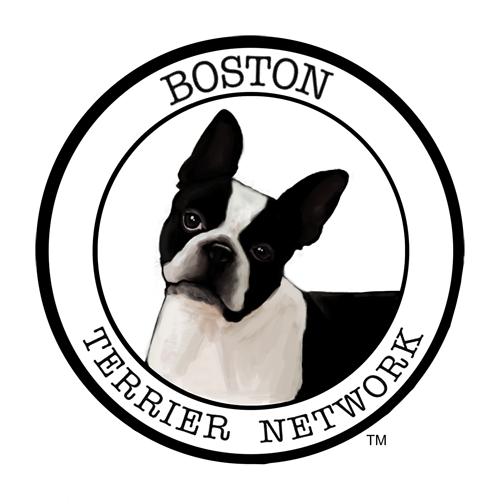400 dogs eyes: Corneal ulcers
UnpublishedThe cornea is the transparent, domed front part of the eye that acts to protect the inside of the eye and maintain ocular integrity, while also allowing light to enter for vision. The normal cornea is composed of several layers: An outer layer of epithelial cells lines the surface and protects the rest of the cornea. The thicker, middle layer is called the stroma and contains multiple supportive cells, collagen fibers and nerve fibers. The inner lining is called the endothelial layer and it functions to help keep maintain corneal clarity. A corneal ulcer is a break in the outer epithelial layer of the cornea. Although initially painful, uncomplicated ulcers should heal with appropriate therapy in three to four days. Ulcers that persist beyond this period of time, or progress quickly, prove to be complicated ulcers.
Corneal ulcers that fail to heal, worsen, deepen, or become infected can be considered complicated ulcers. These can be broadly categorized as the following:
1.Ulcers that fail to heal due to external causes, including ongoing trauma, unresolved foreign bodies embedded within the eyelid or conjunctiva, and abnormally placed eyelashes.
2.Ulcers that fail to heal because they are secondary to other ocular diseases such as dry eye, glaucoma or inflammation (uveitis).
3.Ulcers that become deeper or progress due to secondary bacterial or fungal infections. These ulcers may rapidly worsen with resultant perforation of the cornea. They may exhibit a phenomenon known as “melting,” in which the support substance of the stroma is degraded by bacterial or inflammatory enzymes and the tissue dramatically softens, weakens and loses its supportive strength and may lead to severe inflammation within the eye and result in rupture of the eye with loss of vision
Sudden Acquired Retinal Degeneration Syndrome (SARDS) is characterized by sudden vision loss in the dog. This disease affects the retina, which is in the back of the eye. For an unknown reason, SARDS patients suddenly loose retinal function and develop subsequent degeneration or atrophy of the retina. In addition to sudden loss of vision, many owners notice dilated or enlarged pupils.
All geriatric dogs (usually beginning at 6 years of age) develop a hardening of the lens (Nuclear Sclerosis) that causes the lens to have a grayish appearance. The grayish-blue haze increases as the dog ages. Nuclear sclerosis is NOT a cataract, and does not usually interfere with vision.
If your geriatric dog has cloudy eyes but still appears to see well, this does not mean that they do not have cataracts—dogs can see fairly well if their cataracts are small. Dogs also can adapt well if one eye is blind from cataract and the other is not. Often, they adapt so well that the owner does not realize that the dog cannot see out of one eye. Dogs can also adapt well—up to a point—if both eyes gradually develop severe cataracts; dogs can develop a “memory map” as to where things are in their familiar environment. Dogs with poor vision do not let their owners know that they have a vision problem until it is severe in both eyes.
Most cataracts in dogs are inherited and can occur at any age. The cataract may develop rapidly over weeks, or slowly over years, and occur in one or both eyes. Different breeds of dogs have different characteristics of cataract development. For example, cataracts in Bichon Frise dogs tend to develop rapidly in early adulthood and usually involve the entire lens in both eyes. Mixed-breed dogs can also develop inherited cataracts.
I'm sure most of you can attest to this next story. When I walked Sierra, she would drag me off to the side of
the road and start smelling like crazy. That area is where all the dogs did their business. She couldn't see
the area coming up, but her nose led her there. I always found that amazing.
- Details
- Written by Donna






